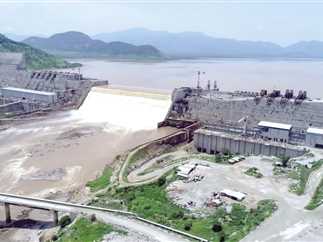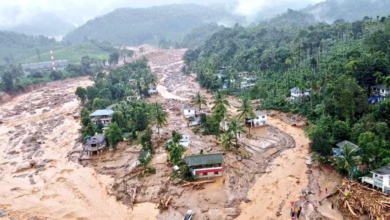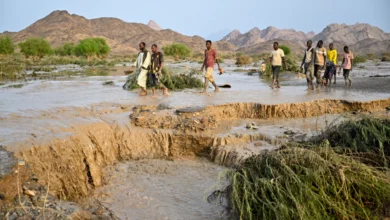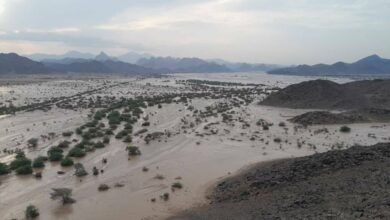
Egyptian Foreign Minister Sameh Shoukry sent a letter to the President of the United Nations’ Security Council to register Egypt’s objection and complete rejection of Ethiopia’s continued filling of the Grand Ethiopian Renaissance Dam (GERD) unilaterally without reaching an agreement with Egypt and Sudan on the filling and operation of this dam.
A statement by the Egyptian Foreign Ministry said that Egypt received a message from Ethiopia on July 26 stating that Ethiopia is continuing to fill the reservoir of the dam during the current flood season, a measure that Egypt rejects and considers a violation of the obligations imposed by international law on Ethiopia.
Shoukry called on the Security Council to assume its responsibilities in this regard, including by intervening to ensure the implementation of the presidential statement issued by the Council, which obligates the three countries to negotiate in order to reach an agreement on GERD at the earliest possible opportunity.
Shoukry stressed that Egypt will not tolerate any prejudice to its rights or water security or any threat to the capabilities of the Egyptian people, for whom the Nile River represents its lifeline.
He pointed out that Egypt has sought, during the negotiations that took place over the past years, to reach a fair and equitable agreement on GERD, but Ethiopia has failed all the efforts and endeavors that were made to resolve this crisis.
Egypt stressed its demand for Ethiopia to be responsible and comply with the rules of international law and the principles governing transnational waterways; foremost of which is avoiding significant damage.
It holds it fully responsible for any significant harm to Egyptian interests that may result from Ethiopia’s violation of its aforementioned obligations.
Egypt also reserves its legitimate right guaranteed in the Charter of the United Nations to take all necessary measures to ensure and protect its national security, including against any risks that Ethiopia’s unilateral measures may cause in the future.




